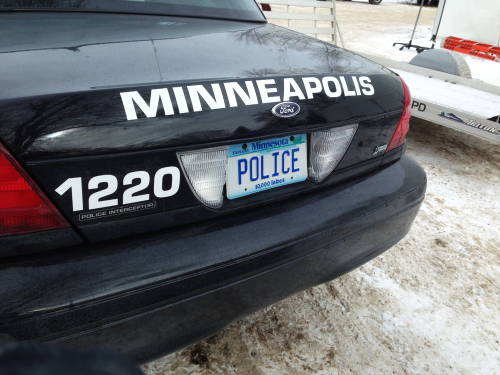Accusations that a prominent U.S. Jewish policy group openly supported bombing Christian churches in Gaza have ignited fierce debate—yet no credible evidence backs the most extreme claims, exposing how advocacy and narrative can be weaponized against constitutional values and religious minorities.
Controversy Over Advocacy and Religious Freedom
Allegations surfaced in late 2023 accusing the Jewish Policy Center, a conservative U.S. think tank, of justifying Israeli military actions that harmed Christians who remained in Gaza churches. Critics interpreted some JPC statements as tacit approval of force against Christian communities, sparking outrage among religious rights advocates and fueling concerns about the erosion of constitutional guarantees for minority faiths. However, a review of available statements reveals no direct endorsement by JPC of church bombings or violence against clergy.
The uproar has become a flashpoint for debates about the role of diaspora organizations in shaping U.S. perceptions of the Israel-Gaza conflict. Christian churches in Gaza, long seen as sanctuaries, became focal points as military operations intensified. Reports of civilians sheltering in religious sites drew international attention, raising questions about the responsibilities of advocacy groups to speak clearly against harm to all non-combatants, regardless of faith. The JPC, while staunchly pro-Israel, has publicly denied endorsing attacks on religious sites.
Key Stakeholders and Power Dynamics
Several groups are at the center of this controversy. The Jewish Policy Center advocates for Israel’s security interests in U.S. policy circles but does not direct military action abroad. Christian communities in Gaza, a small and historically rooted minority, face intense risk amid ongoing conflict and must rely on international advocacy for protection. The Israeli Defense Forces execute military operations, sometimes near or impacting religious sites, further complicating the situation. Critics and human rights organizations continue to highlight any rhetoric that could be interpreted as justifying harm to civilians, underscoring the high stakes for all involved.
While the JPC holds influence in Washington, its actual power over events on the ground in Gaza is limited. The controversy has, however, heightened scrutiny of how think tanks and advocacy groups frame their positions, particularly when those stances touch on sensitive issues of religious freedom, minority rights, and the sanctity of places of worship. The integrity of American advocacy, grounded in constitutional principles and family values, is at risk when narratives are distorted or weaponized—something conservatives know threatens the very foundation of civil society.
Ongoing Developments and Impact on Religious Minorities
As of mid-2024, criticism of the JPC’s stance persists in both advocacy and media circles. The organization has issued clarifications, emphasizing support for Israel’s self-defense while denying any endorsement of violence against churches or pastors. Despite these statements, the controversy has led to broader calls for accountability and transparency in advocacy communications, especially regarding the protection of vulnerable communities in conflict zones. Christian minorities in Gaza remain at risk, and the incident has deepened mistrust between these communities and organizations perceived as indifferent to their plight.
The lasting impact includes potential damage to interfaith relations and the reputations of advocacy groups. Calls for stronger defense of religious freedom and minority rights have grown louder, aligning with core American values of liberty and constitutional protection. The situation also serves as a reminder of the need for vigilance against any erosion of these rights—be it through reckless rhetoric, government overreach, or media narratives that distort the truth for political ends.
Expert and Faith Community Perspectives
Analysts specializing in Middle Eastern religious minorities stress the acute vulnerability of Christians in Gaza and the necessity of impartial advocacy to safeguard their rights. Academic commentary highlights how crucial it is to distinguish between legitimate security concerns and the imperative to protect non-combatants, especially in houses of worship. Notably, reputable sources such as CatholicVote and the Hudson Institute confirm that while criticism of the JPC is real, there is no substantiated record of the organization explicitly endorsing violence against Christian churches or clergy. This case exposes how quickly narratives can spiral out of control when advocacy, media, and political interests collide.
Sources:
US-based Jewish organization accused of endorsing attacks on Christians in Gaza
Click this link for the original source of this article.
Author: Editorial Team
This content is courtesy of, and owned and copyrighted by, https://www.rightwinginsider.com and its author. This content is made available by use of the public RSS feed offered by the host site and is used for educational purposes only. If you are the author or represent the host site and would like this content removed now and in the future, please contact USSANews.com using the email address in the Contact page found in the website menu.





